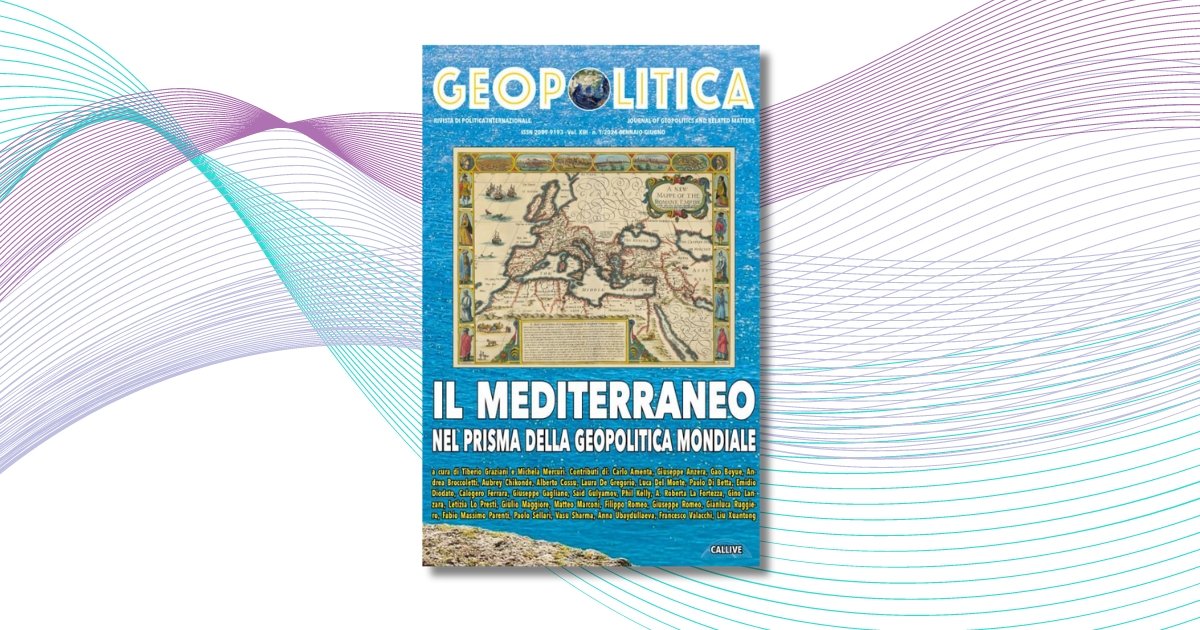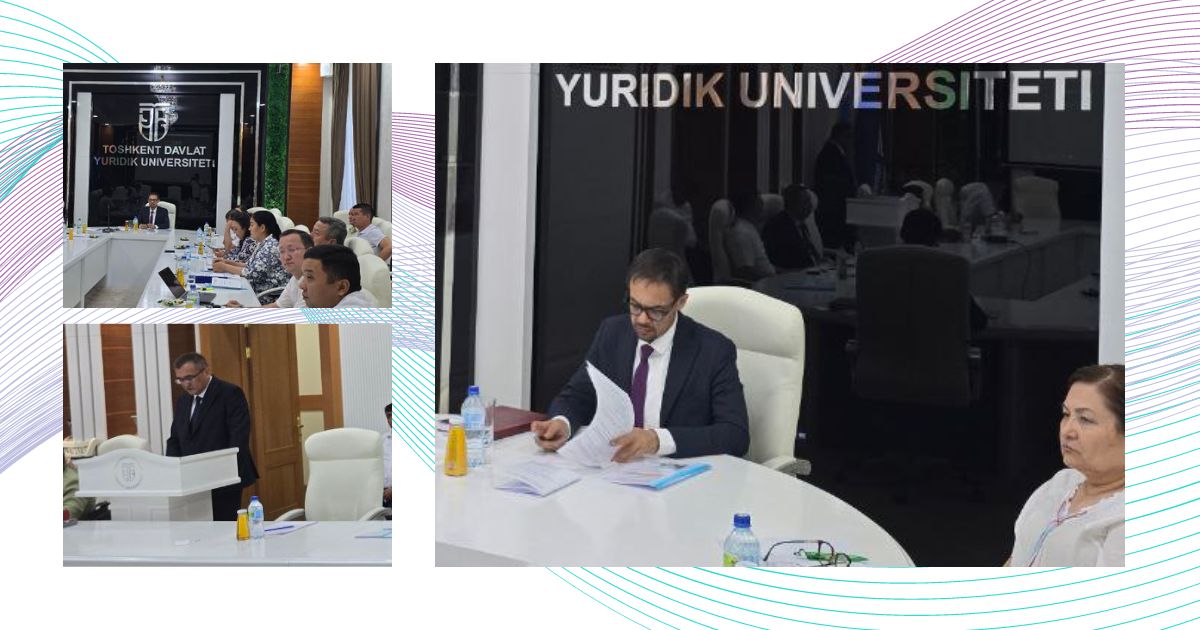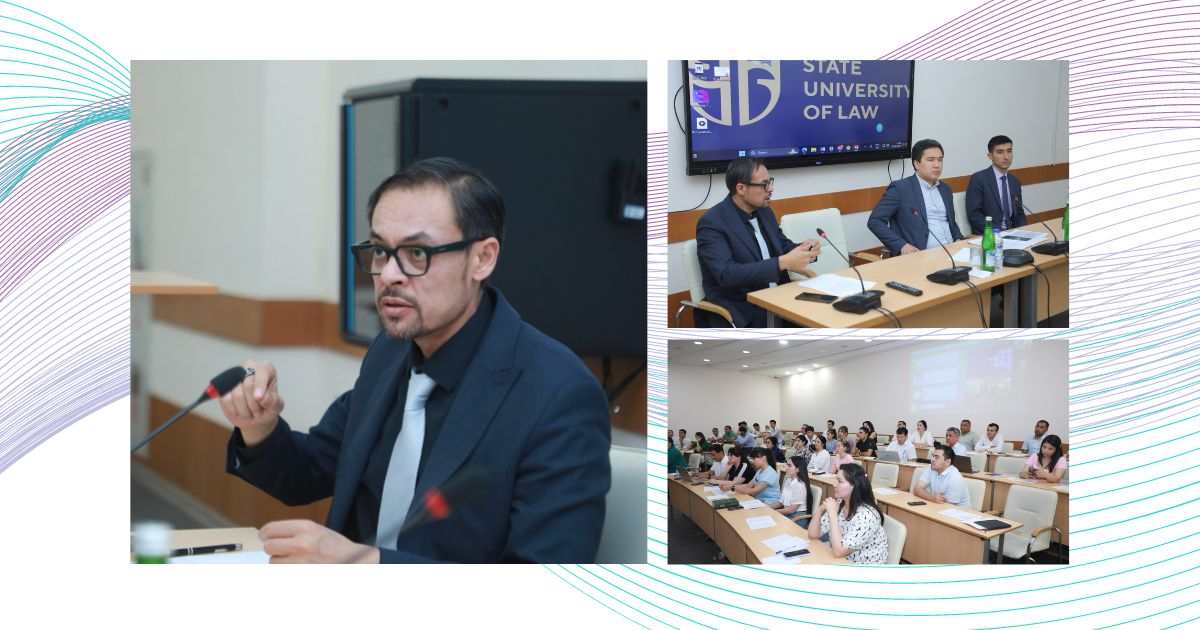Tashkent State University of Law hosted an insightful discussion on “Ethical Issues and Safety of Artificial Intelligence.” The event featured a keynote address by Vladimir Norov, Chairman of the Association of Artificial Intelligence of Central Asia.
Norov, a former diplomat who served as Uzbekistan’s ambassador to multiple countries and Secretary-General of the Shanghai Cooperation Organization, emphasized the importance of being prepared for AI’s impacts. “We must be ready for the changes happening under the influence of artificial intelligence, and to do this, we must first develop higher education,” he stated.
Norov shared his perspectives on developing AI responsibly and mitigating risks. As both an experienced statesman and lawyer, he brought a unique cross-disciplinary view to the complex challenges surrounding AI governance, safety, and human rights implications.
Professor Said Gulyamov, a renowned legal scholar at Tashkent State University of Law, also took part in the panel discussion. He engaged Norov on the potential impacts of AI on the legal field, both in terms of legal practice and ensuring appropriate regulation and oversight of AI systems.
“AI will fundamentally transform many aspects of law and society in the coming years,” said Gulyamov. “Events like this are vital for raising awareness and fostering an open dialogue about upholding ethics and protecting human rights as AI capabilities continue advancing rapidly.”
Students seized the opportunity to pick the brains of Norov and Gulyamov during the audience Q&A portion of the event. Questions ranged from AI’s role in the judicial system to workforce impacts to existential risk from superintelligent AI systems.
The meetup represented an important step in ongoing efforts to develop Trustworthy AI that prioritizes social good and mitigation of potential dangers, both in Uzbekistan and globally. Tashkent State University of Law aims to be a regional leader in this critical area at the intersection of law, ethics, and emerging technologies.







